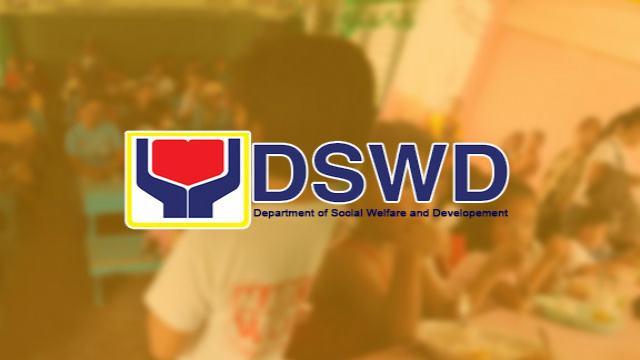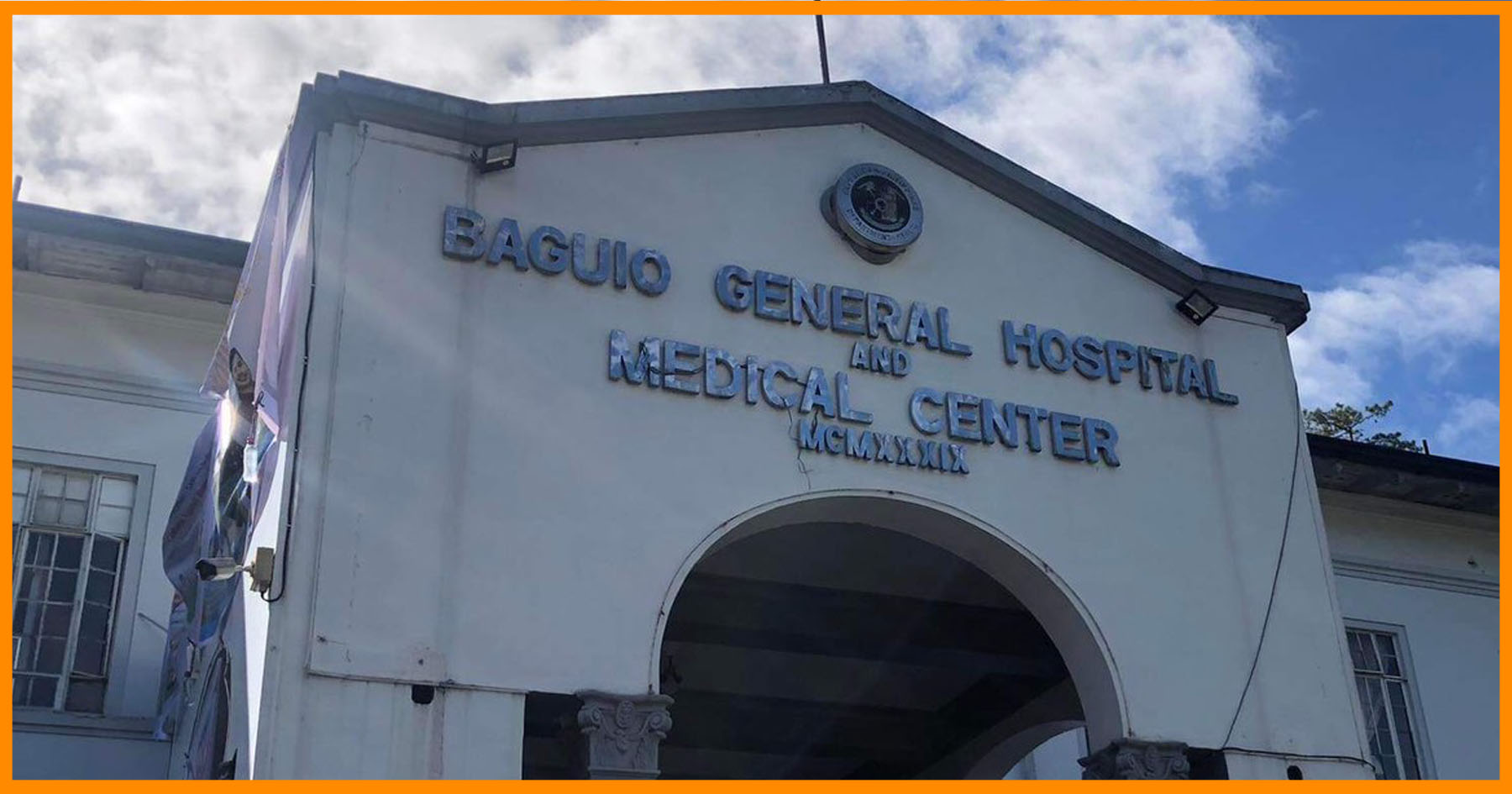Cordillera Administrative Region- The Department of Social Welfare and Development (DSWD) here reiterates its commitment in delivering impartial public service to the Cordillera people. This is despite the worries raised due to the rejection of the appointment of former DSWD Secretary Judy M. Taguiwalo.
“We would like to ensure that the DSWD here will continue to deliver our programs and services with excellence regardless of our clients’ affiliation,” DSWD-CAR OIC Regional Director Janet P. Armas said.
Director Armas assured that the DSWD-CAR continues to adhere to DSWD Memorandum Circular No. 9 which aims to promote the fair and equitable implementation of the department’s programs and services by ensuring that those who are truly in need are the ones benefiting from the said program.
“Our offices are open to all individuals who have social welfare and development concerns. The department has already set its guidelines in the selection of its beneficiaries and we ensure that our office accepts any grievance that might concern this,” Director Armas added.
The Department is currently maintaining its own database of poor households through the Listahanan.. A nationwide assessment was conducted in 2015 using the Proxy Means Test which aims to identify whether a household is poor or non-poor through a number of variables. Listahanan-identified poor households comprise the priority beneficiaries of most of DSWD programs and services like the Pantawid Pamilyang Pilipino Program and the Sustainable Livelihood Program.
“Pantawid Pamilya beneficiaries are identified through a set of qualifications. First is that the household should be included in the Listahanan-identified poor. Second, the family should have a pregnant mother or a child 0-18 years old during the time of assessment. And lastly, the family should agree to comply with the program’s conditionalities. These need to be satisfied for a family to be included in the program. Again, the DSWD has the sole authority to add or remove from the list of its beneficiaries,” Director Armas said.
Services like the Expanded Assistance to Individuals in Crises Situation (E-AICS) recognize the assessment of potential beneficiaries conducted by government social workers through the social case study report. Beneficiaries of Social Pension Program for Indigent Senior Citizens are identified by the local social welfare and development officers in partnership with the Office of the Senior Citizens Affairs (OSCA) in the area and are validated by DSWD-CAR personnel. Kapit-Bisig Laban sa Kahirapan Comprehensive and Integrated Delivery of Social Services (Kalahi-CIDSS), the Government’s community-driven development program, selects its beneficiaries through the municipality’s poverty incidence and income class.
Meanwhile, there are DSWD programs and services that also cater to all individuals regardless of their economic status such as the Supplementary Feeding Program, Alternative Parental Care services, and center-based services. Victims of disaster may also receive assistance from the DSWD upon the completion of necessary documentary requirements.
“The department will continue to provide its programs and services to anyone who needs our assistance. We will not look into the political affiliation, culture, or sector where an individual belongs prior to the provision of our program or service. As long as they satisfy our requirements or our guidelines, rest assured that we will serve them. Patuloy kaming mag-bibigay ng maagap at mapagkalingang serbisyo sa lahat ng Cordilleran sa abot ng aming makakaya,” Director Armas said.
Queries on DSWD programs and services can be forwarded to the Regional Office through (074) 446-56-91 or focar@dswd.gov.ph. DSWD-CAR can also be reached through its social media accounts at www.facebook.com/dswdfocar or at @dswdfocar on Twitter.
By Nerizza Faye G. Villanueva













